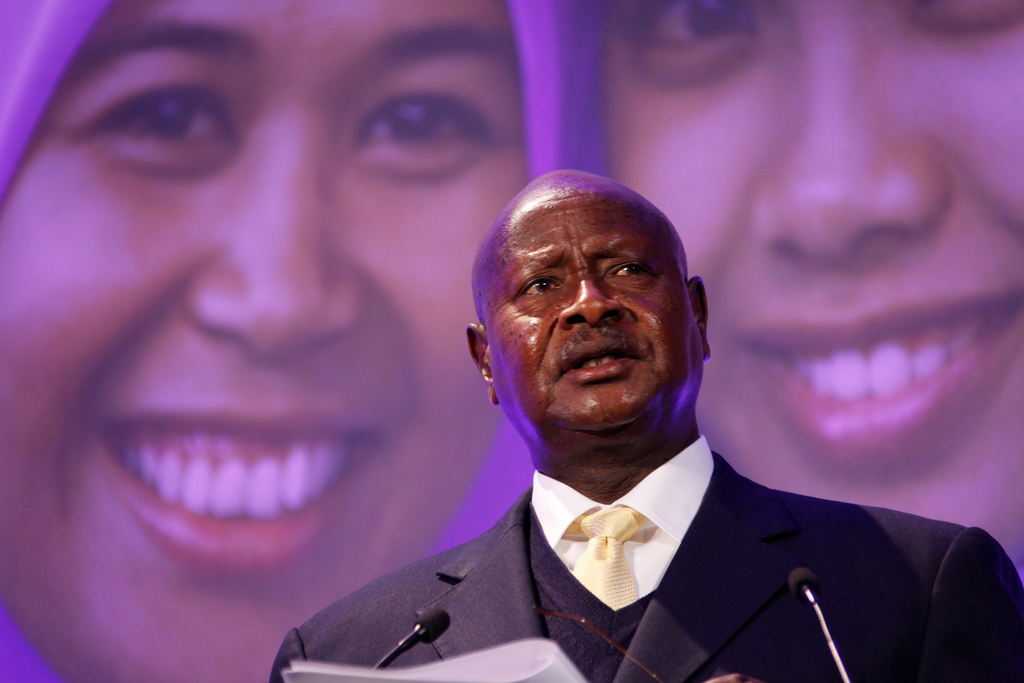East Africa will grow faster than any other region on the continent in 2019, according to African Development Bank (AfDB). According to the AfDB in its African Economic Outlook 2019 report, the East African region is projected to grow at an average of 5.9 per cent in 2019 and 6.1 per cent in 2020.
The projected growth places East Africa in the lead to attract more Foreign Direct Investment – a key aspect likely to spur economic development – more than any other region. The growth will be achieved, according to the report, despite internal and external risks, among the growing debt and the threat of political unrest.
The African Economic Outlook report analyses gains of regional public goods, including synchronizing financial governance, opening regional aviation to competition, and facilitating free movement of people, goods, and services. East Africa has in the last two decades ambitiously pursued economic and political integration, although it has not been as fast as it had been expected.
The region currently has five member states including Uganda, Kenya, Tanzania, Rwanda and Burundi. South Sudan is still in the process of being integrated into the block.
The growth, the report notes, will be achieved through increased consumption, which will make up 80 per cent of the region’s GDP. North Africa, which continues to live under the shadow of political unrest, is expected to recover from 3 per cent in 2018 to about 4.1 per cent, while Southern Africa is expected to grow at 5.6 per cent in the period. West Africa is expected to growth at an average of 3 per cent.
AfDB noted that conditions for private sector growth have improved, especially in Egypt, Ethiopia, and Seychelles, which might subsequently pave the way for increase in FDI.
Africa, according to the report, Africa will grow from an average of 3.5 per cent in 2018 to 4 per cent in 2019 and 4.1 per cent in 2020.
Mr.Charles Boamah, the ADB senior vice president said, Africa has the means to overcome challenges by removing barriers to integration and drivers of migration.
The continent has had challenges of increased migration due to growing conflicts across Africa.
Mr. Hanan Morsy, the ADB director for macroeconomic policy forecasting and research, said stated that although there has been a noticeable increase in national debt across Africa, “there is no systemic risk,” to the projected growth.
However, the report notes there is an urgent need to create about 12 million new jobs every year to prevent rising unemployment across the continent.


